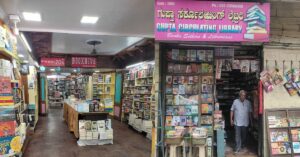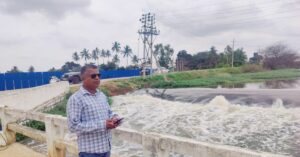Here’s How Bangalore’s First Community Radio Station Is Different from the Rest in the Country
A radio station in Bangalore is bringing together people from different communities and giving them a platform to speak freely about whatever they want and in whichever language they are comfortable. From transgenders and auto drivers, to garment workers and waste pickers, everyone has a voice here.
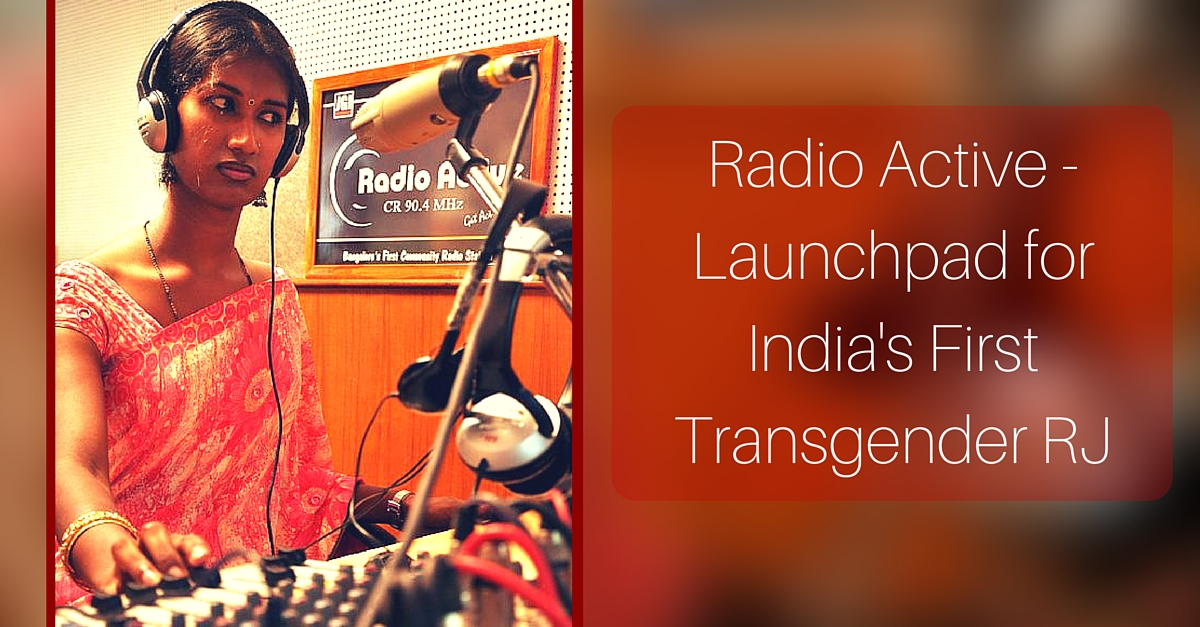
A radio station in Bangalore is bringing together people from different communities and giving them a platform to speak freely about whatever they want and in whichever language they are comfortable. From transgenders and auto drivers, to garment workers and waste pickers, everyone has a voice here.
Meet Priyanka, a transgender with a never-say-no attitude; Lavanya, a trained classical dancer and singer with partial vision; Shiv Kumar, an auto-driver by profession and a poet at heart; and Praveen, an animal rights activist. All of them and many others have been brought together by one common platform called Radio Active – the first community radio station in Bangalore that caters to diverse groups in the city.
“I firmly believe in the saying that in community radio, radio is only 10% and the rest 90% is community. And that truly defines what Radio Active is all about,” says Pinky Chandran, the Founder and Director of Radio Active 90.4MHz.
Pinky used to work with an Australian company in the field of international education. In 2005, she started working with Jain University, Bangalore, for the training and development of teachers.
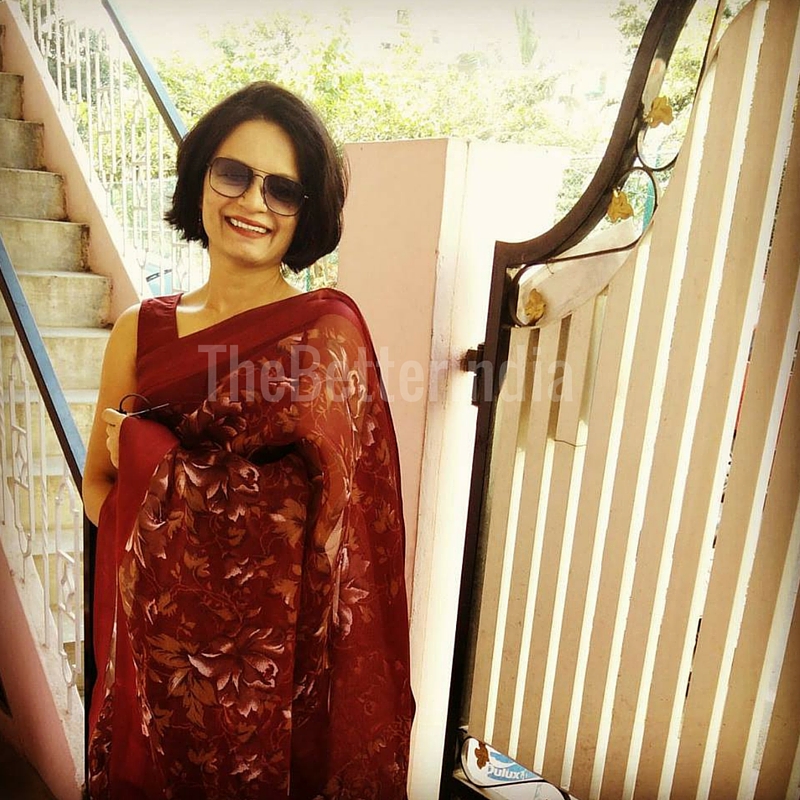
“I met a friend in Australia who had volunteered at a radio station in Sydney to do Kannada shows. The diversity was really surprising and that was something that set the tone for me to get interested in community radio for the first time,” recounts this 37-year-old.
In December 2002, the Government of India approved a policy that allowed well-established universities to apply for community radio licences. So, when the Department of Communication was being inaugurated at Jain University in 2005, Pinky and her colleagues mooted the idea of applying for a licence with the Jain Group of Institutions (JGI) as the parent organization.
They received the licence in 2007 and Radio Active has been on air for eight years now.
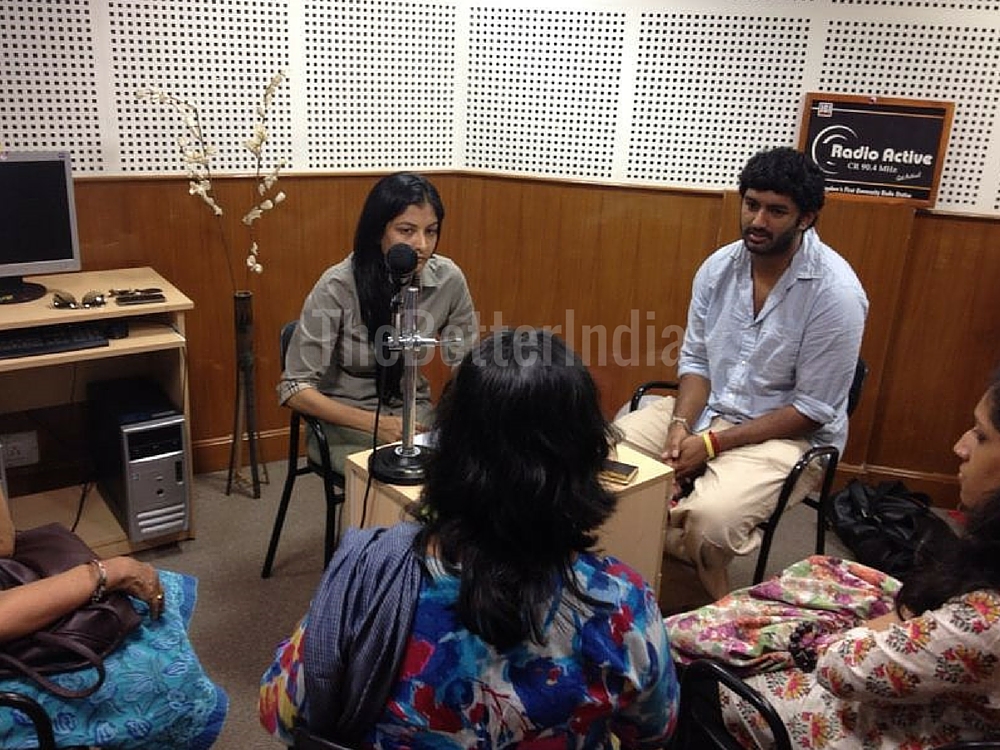
“The whole idea behind community radio is to give a voice to the voiceless. We started the station with one question: What does ‘voice to the voiceless’ really mean? We had to look back and understand who really forms the community. Bangalore is a heterogeneous city. It is so diverse and keeps changing at every one kilometre. But even in that one kilometre, there are so many people who don’t have access to mainstream media – communities that have no voice, no say, nothing. And they also don’t believe that their voice matters,” she says.
With this background in mind, Pinky started operating Radio Active as a platform for different communities to share ideas, raise issues, promote local talent, and foster local traditions.
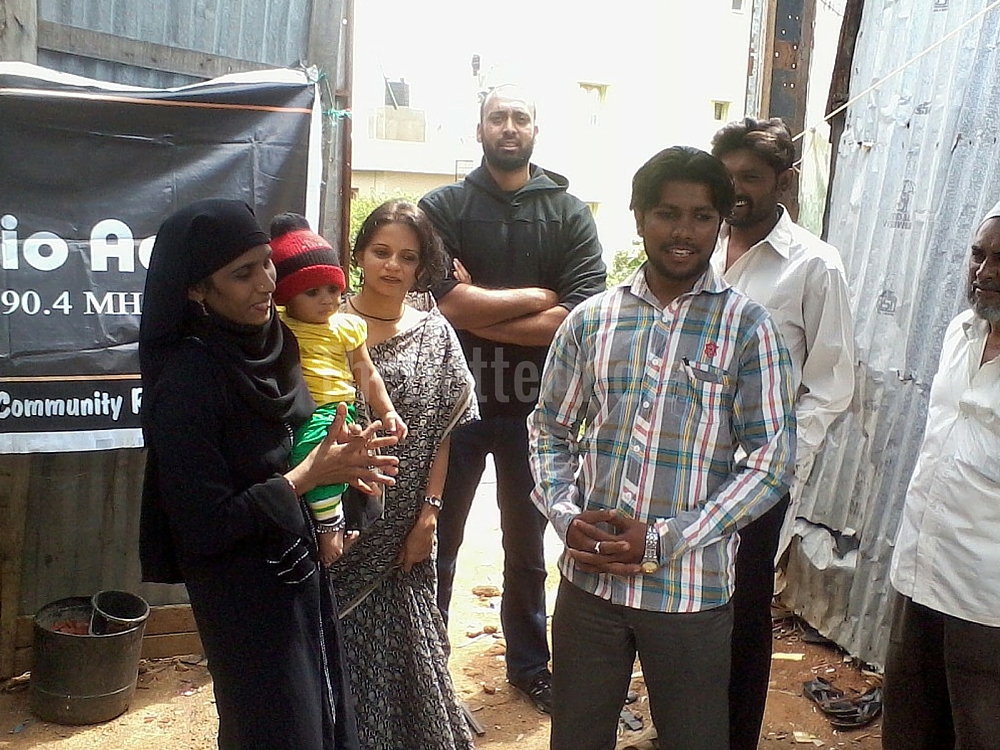
Radio Active slowly grew into a station that gives space to many different communities – sexual minorities, auto drivers, people with disabilities, garment workers, waste pickers, domestic helps, sex workers, and more.
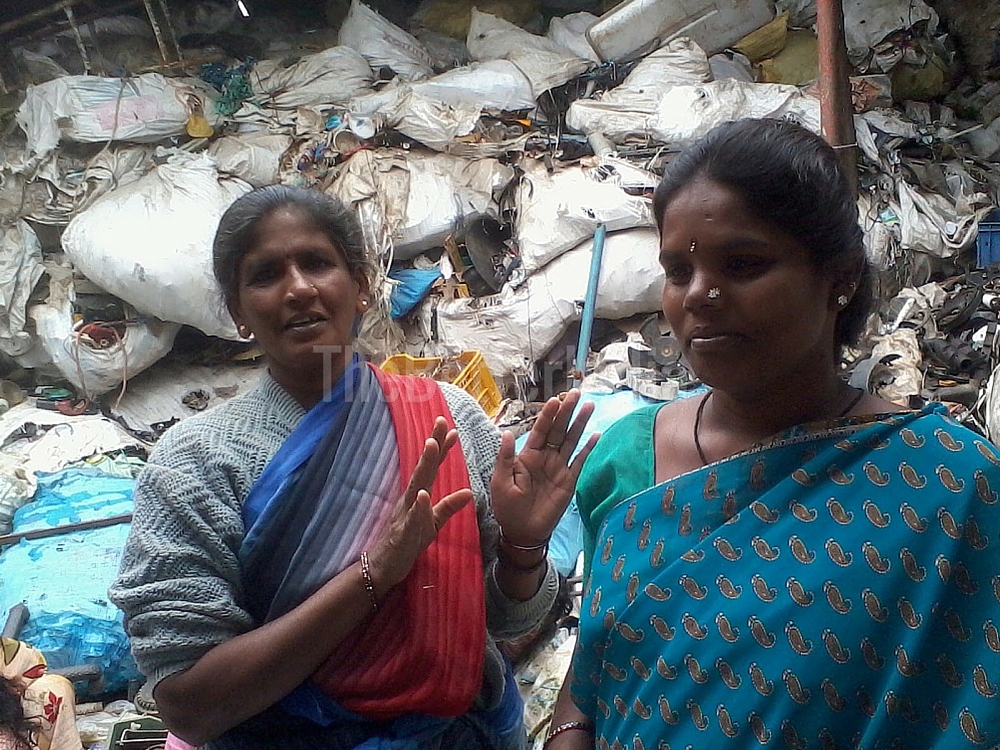
Talking about why she took the decision to bring different communities on board, Pinky says, “Somewhere in 2008, we were doing a workshop for women from a Muslim community. About 40 women had gathered. Moving a cassette recorder close to a lady sitting on my right, I asked her to talk. She looked at me and asked, ‘Talk?’ I said yes. She repeated that question twice and, to my surprise, started crying after that. Then she said – ‘Nobody has ever asked me to speak in all these years.’ That reinforced the whole idea of why community radio is important, and we decided to look specifically at communities of interest. Radio Active respects and celebrates diversity.”
In 2009, Radio Active first started working for people belonging to sexual minorities by talking about their issues and featuring people from the community. In 2010, the community decided that the Radio Jockey (RJ) should be someone from amongst them.
That’s when Priyanka joined. Fondly known as the Drama Queen of Radio Active, she launched Yari Varu, a show focussing on issues faced by the LGBT community – like sexual harassment, unemployment, lack of housing, etc.
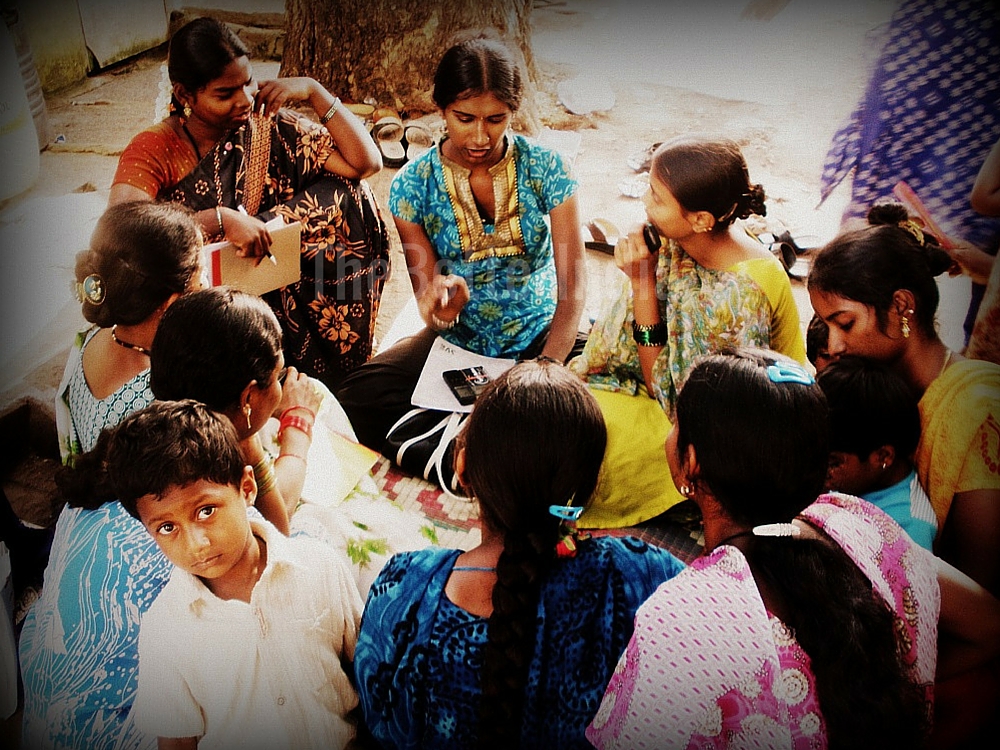
She has the distinction of being the country’s first transgender RJ. Another popular program on Radio Active is Jeeva Diary, hosted by Uma who also runs a Kannada magazine dedicated to bringing the voices of people from sexual minorities to the forefront. In the show, she gives a true account of her life, while also comparing and contrasting it with other life stories.
Shiv Kumar is another RJ – he talks to the auto driver community about issues like rise in petrol prices, comparison between gas and petrol, etc.
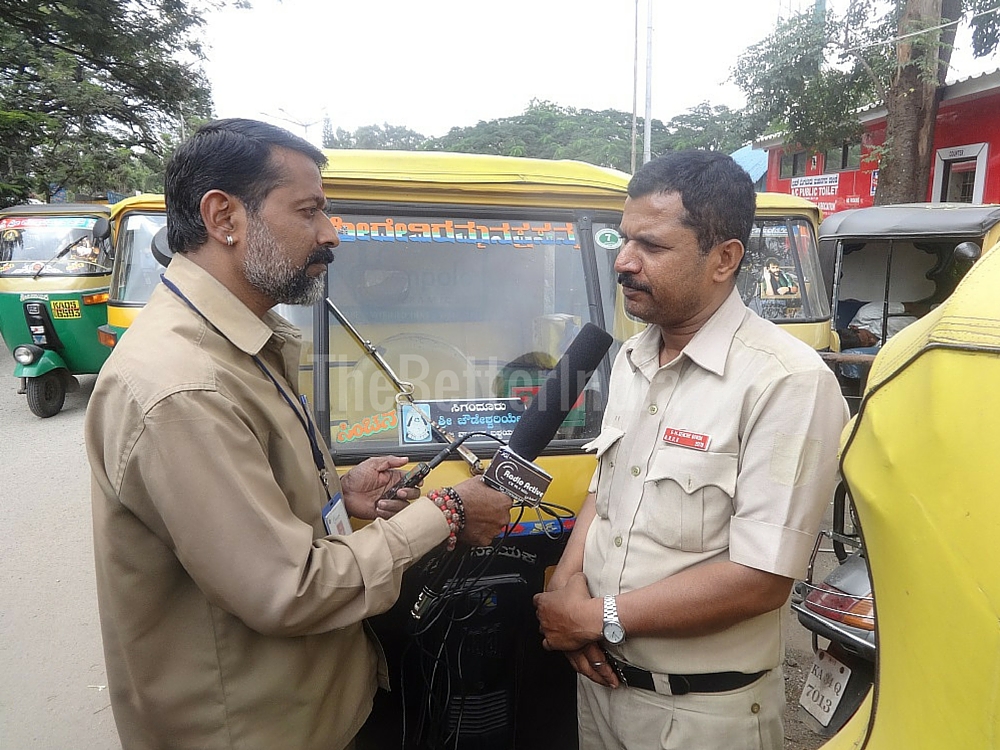
Some shows, like Active Srirampura and Active Dasarahalli, are produced by RJs from other areas. These shows feature stories, discussions, interviews, and dramas from Srirampura and Dasarahalli areas.
There are programmes based on physical and mental health, education, environment conservation, child rights, art, cooking, and more.
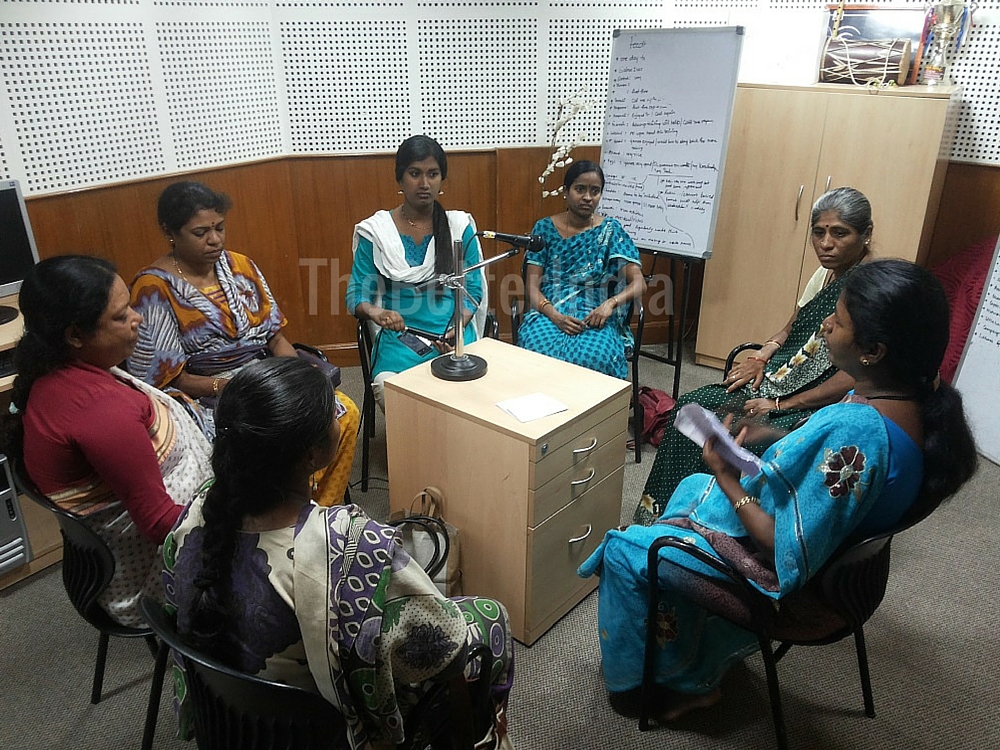
Some NGOs also host a few programmes, and there is a story telling programme hosted by kids as well. The community radio broadcasts for 23 hours every day.
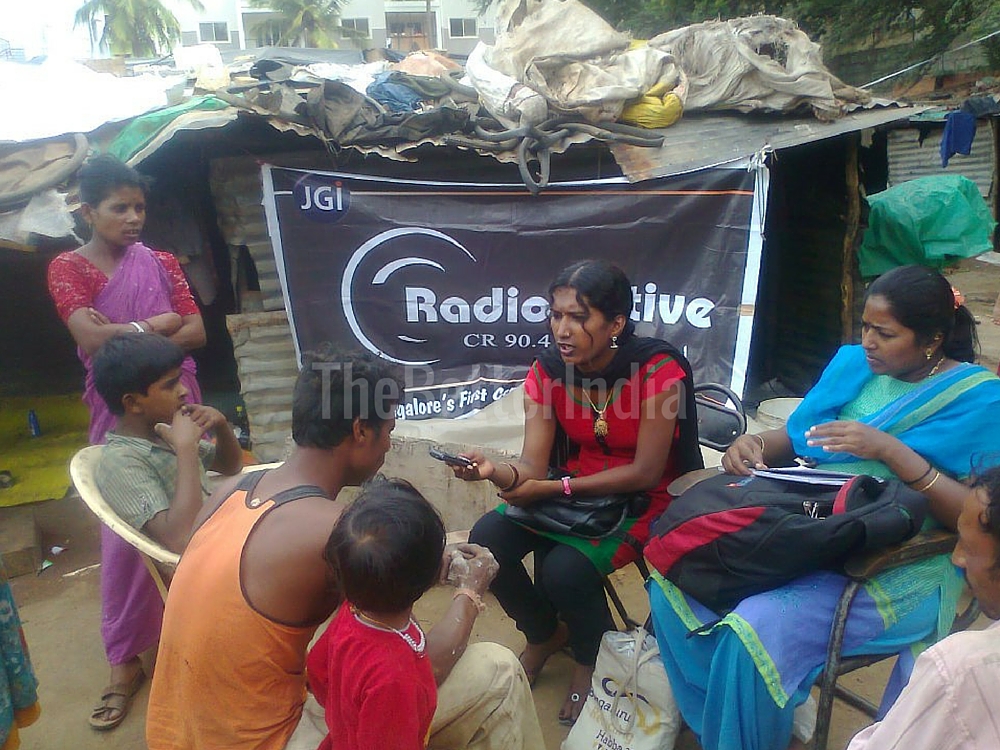
The radio station is partly funded by the university. It also runs ads and paid projects, other than receiving in-kind support from different community members. Most RJs are school dropouts and they work on a voluntary basis. They are given basic training on the importance of community radio, what it means, the basic rules of planning a program, and post production. After that, there is no restriction on what a person wants to speak about or what language he/she wants to talk in.
When the team starts working with any new community, they first mentor the interested people for a long time. Ideally, the RJs should be from the community itself, recommended democratically by the members.
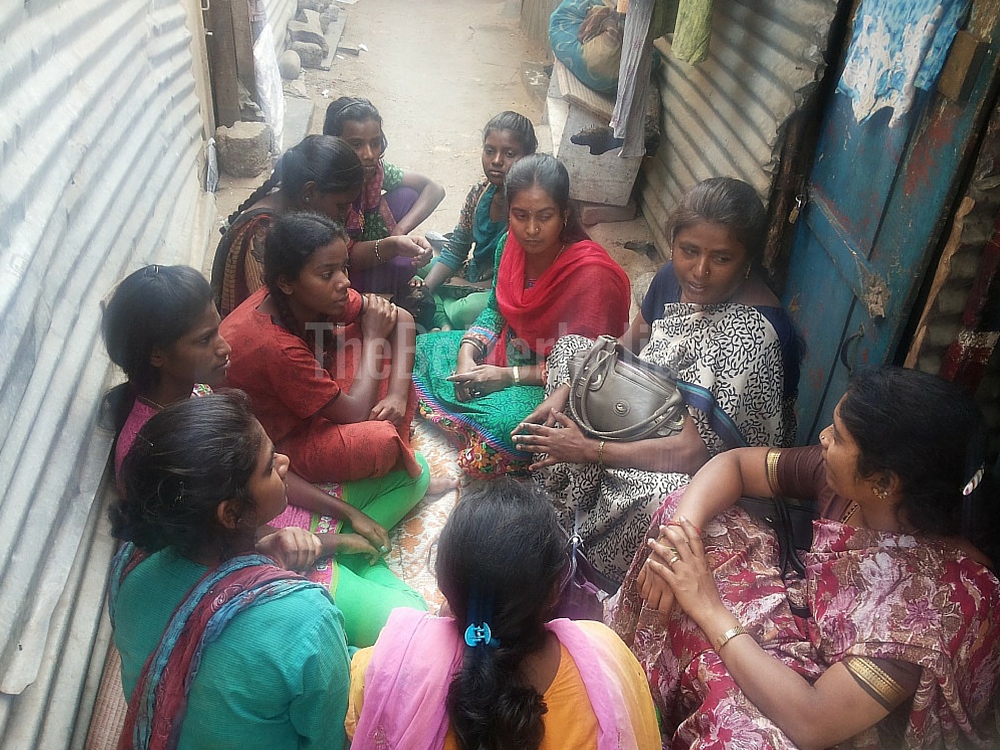
“You can’t speak for a community as well as the people in it would speak for themselves. Everyone has something to say in their own language, dialect, style. There is no right or wrong way of speaking. A people’s platform goes beyond this and embraces everything. It is a very open space where people feel safe to come in and talk about different things. We encourage them to speak as and how they want,” concludes Pinky.
You can write to Radio Active at [email protected]
Like this story? Or have something to share? Write to us: [email protected], or connect with us on Facebook and Twitter (@thebetterindia).
This story made me
- 97
- 121
- 89
- 167
Tell Us More
We bring stories straight from the heart of India, to inspire millions and create a wave of impact. Our positive movement is growing bigger everyday, and we would love for you to join it.
Please contribute whatever you can, every little penny helps our team in bringing you more stories that support dreams and spread hope.







